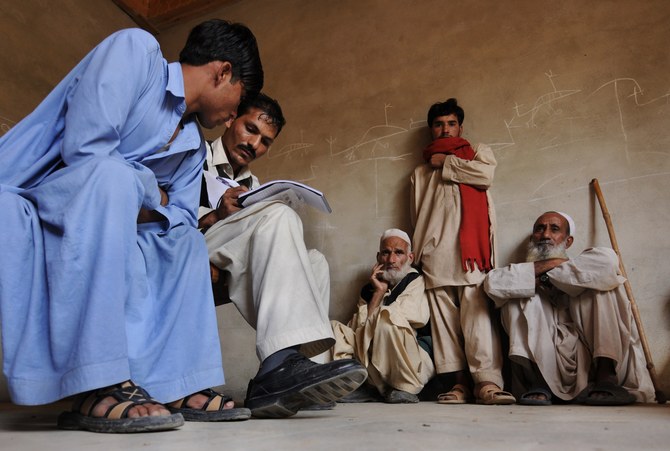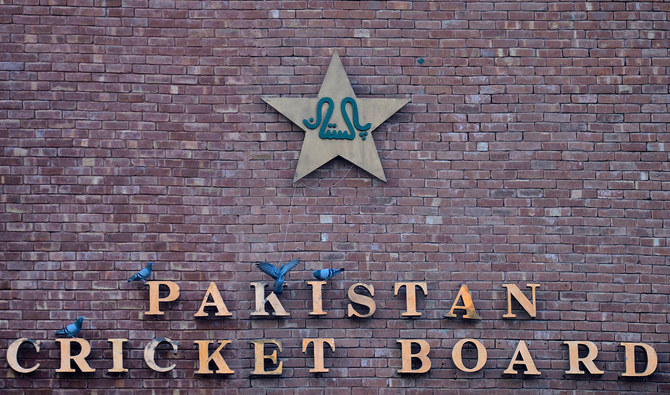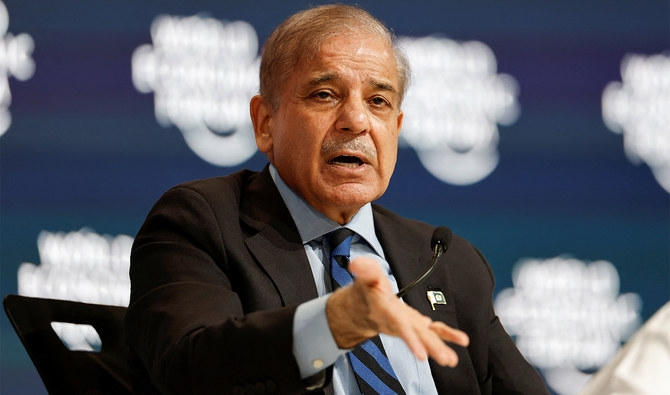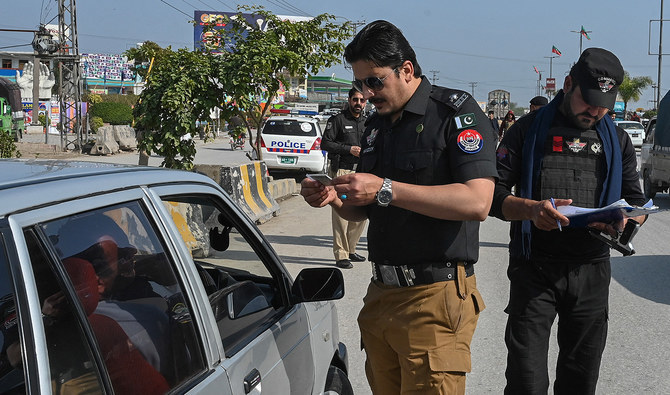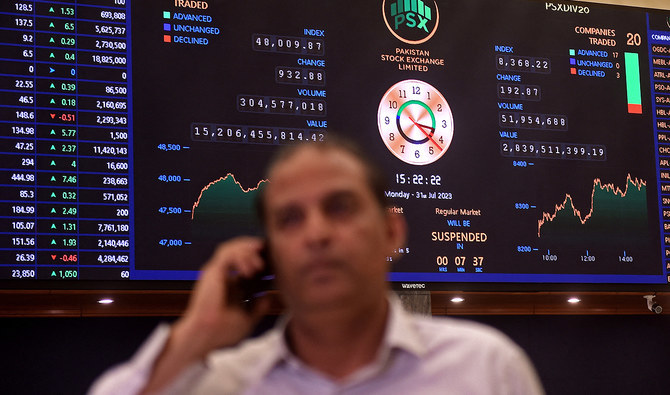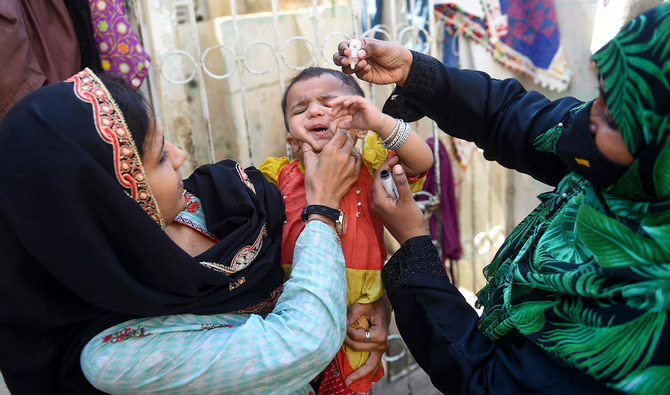PESHAWAR: At least 12,000 families from Pakistan’s tribal North Waziristan region are stuck in neighboring Afghanistan six years after they were displaced by a military operation to flush out militants, elders said, demanding that the government take measures to repatriate the refugees immediately.
In June 2014, the Pakistani army launched a full-scale drive in North Waziristan to expel Taliban and other militants from the volatile region bordering Afghanistan.
Expecting an escalation of violence following the operation called Zarb-e-Azb, or “Strike of the Prophet’s Sword,” at least two-thirds of families from North Waziristan, or one million people by some estimates, fled to neighboring Afghanistan, particularly its Gorbaz district in Khost province.
While thousands of displaced families have returned over the years after the government declared parts of the region safe, many are still stuck in Afghanistan, elders say.
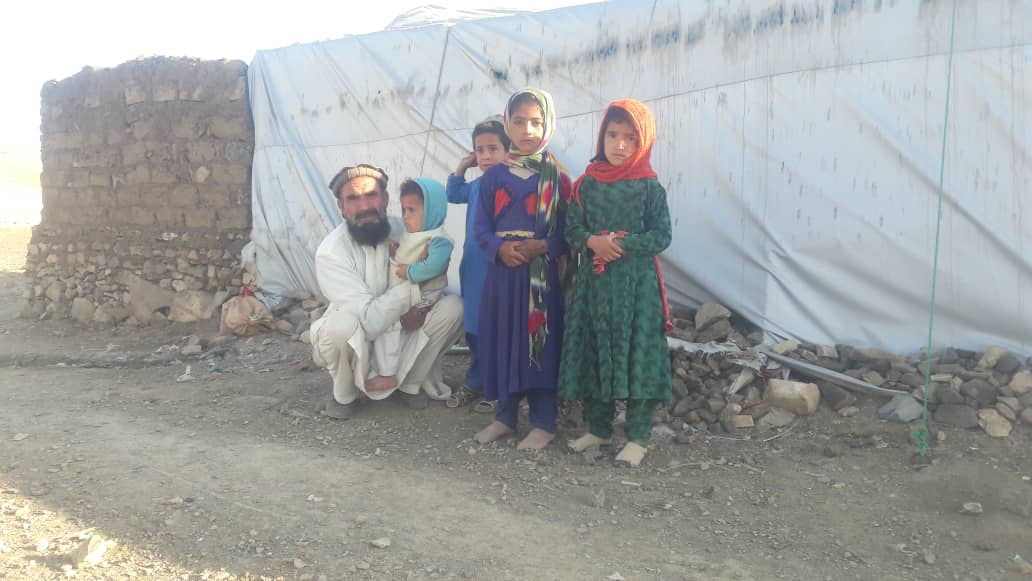
An elderly Pakistani man and children at the Gulan Refugee Camp in Khost province of Afghanistan on December 27, 2020. (AN Photo)
Malik Abdullah Noor, an elder from North Waziristan who currently lives at the Gulan Refugee Camp in Khost province, told Arab News that tribal elders from the region held a grand jirga, or council of elders, in Pakistan’s Bannu district last week, demanding the repatriation of refugees stranded in Afghanistan.

Pakistani refugees pose for a photo at the Gulan Refugee Camp in Khost province of Afghanistan on December 27, 2020 (AN Photo)
“According to my rough estimate, at least 12,000 displaced Pakistani families still live in Paktika and Khost provinces of Afghanistan with the majority of them living in Gulan Refugee Camp close to the Pakistan-Afghanistan border,” Noor said. “We live in squalid conditions with no proper schools for our children or any health facility.”
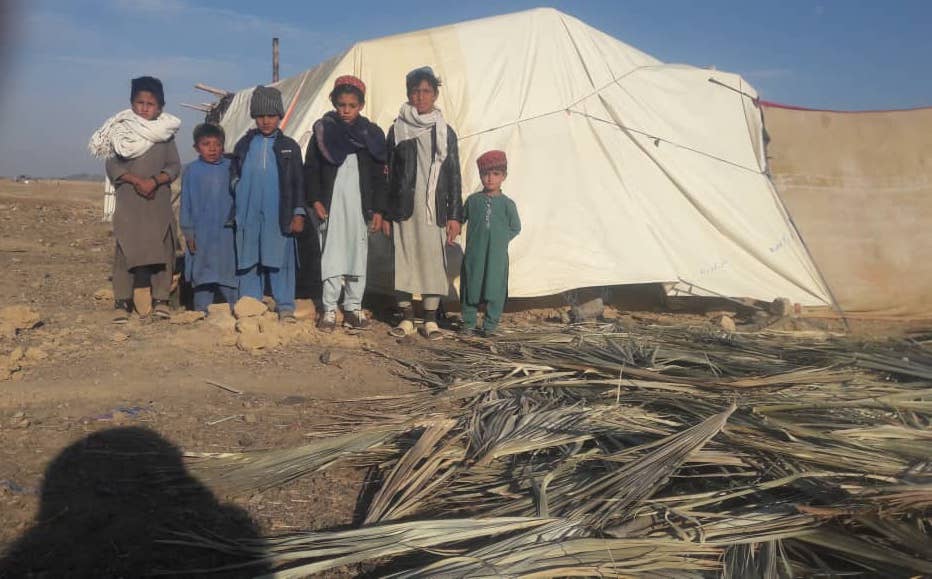
Pakistani refugee children pose for a photo outside a tent at the Gulan Refugee Camp in Khost province of Afghanistan on December 27, 2020 (AN Photo)
Ihsan Dawar, a spokesperson for the Provincial Disaster Management Authority (PDMA), said government estimates put those stranded in Afghanistan at 5,000 to 7,000 families.
“A year back, we gave our IDPs [internally displaced persons] in Afghanistan forms to be filled and we got 5,000 forms back with names and addresses of the displaced families,” Dawar said. “PDMA will work out arrangements to repatriate them after clearance by security officials, local administration and other departments.”
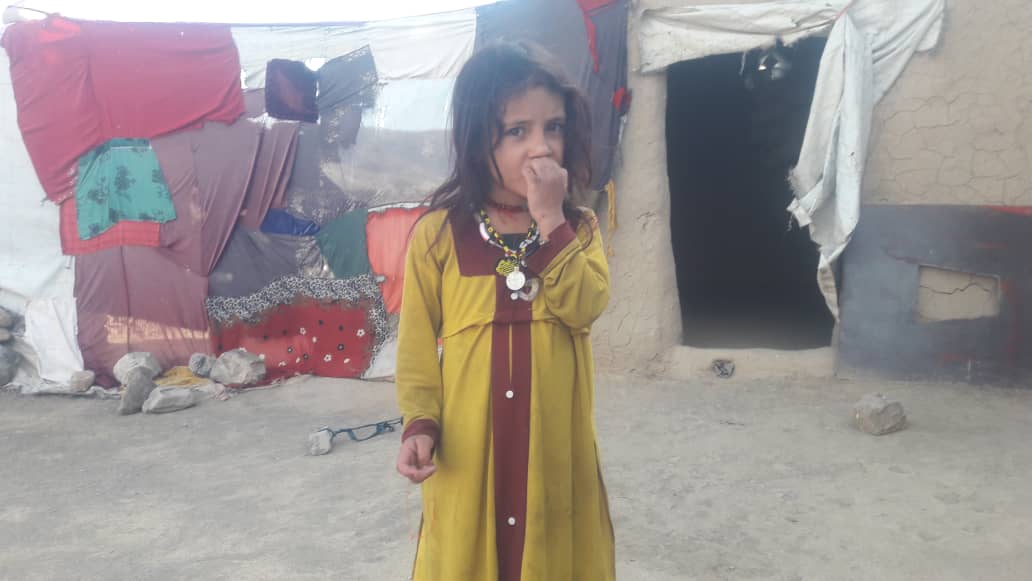
A Pakistani refugee girl at the Gulan Refugee Camp in Khost province of Afghanistan on December 27, 2020 (AN Photo)
He said the authority was working on setting up 1,000 tent houses at the Bakakhel Refugee Camp in Bannu, the first district next to North Waziristan, to begin to bring back refugees.
“Their repatriation is partly delayed because their areas are yet to be cleared from a security perspective,” Dawar said. “The PDMA will finalize all arrangements to settle the IDPs once their date of repatriation is confirmed,” he added, declining to prove a rough date.
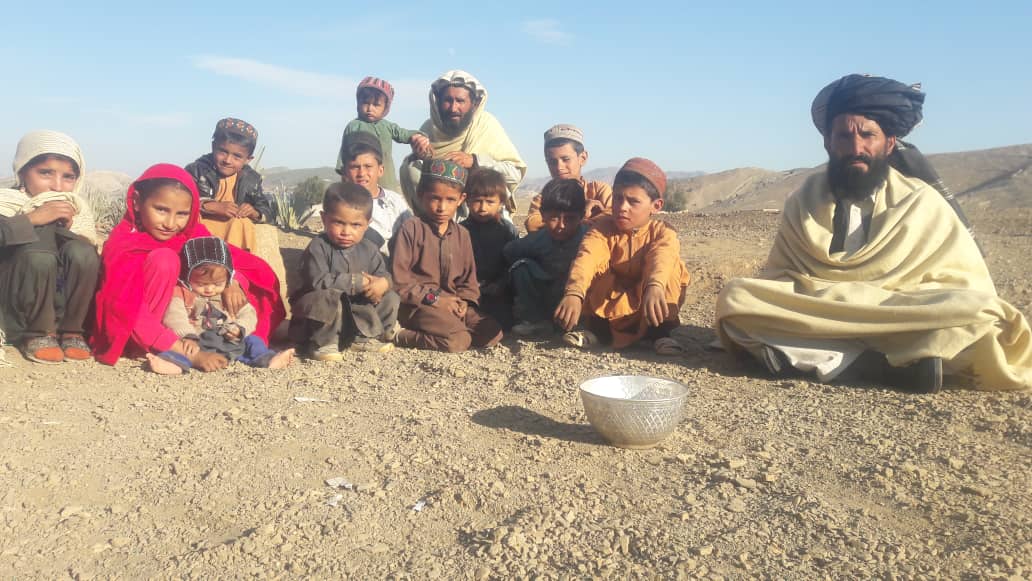
Elderly Pakistani men and children in Khost province of Afghanistan on December 27, 2020 (AN Photo)
Malik Rehmatullah Khan, a tribal elder who lives in North Waziristan, said local elders had offered to help the government repatriate remaining IDPS, including by verifying their credentials.
Noor said IDPs’ representatives held a meeting with local officials in Miranshah in February, 2019, where they were told the refugees would be repatriated within 20 days, but to no avail.
“Neither our elected lawmakers, nor Pakistani officials, ever bothered to help us go back,” Noor said. “We’ve been left at God’s mercy with no prospect to be repatriated anytime soon. We provided our data by filling forms to Pakistani authorities a year ago but we haven’t heard back since then.”
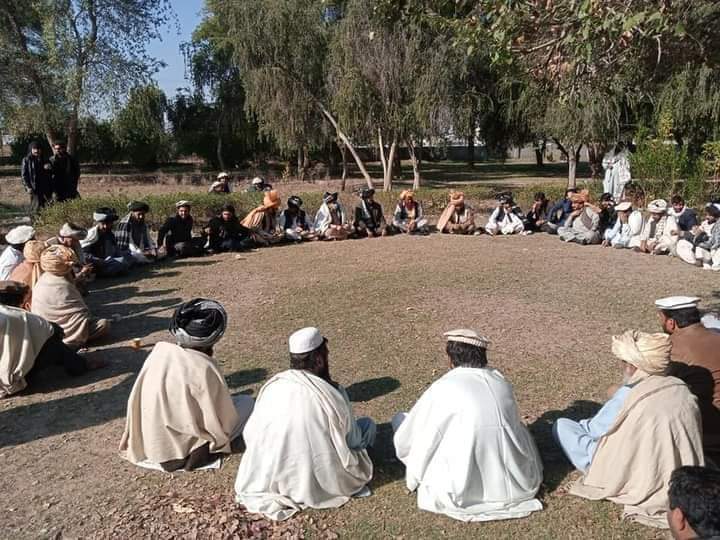
Tribal elders of North Waziristan district hold a jirga in Bannu, Pakistan, on December 21, 2020 (AN Photo)
He said the UNHCR had provided the displaced families with flour, oil and blankets but the rations didn’t last beyond a year.
“We have one health facility at the Gulan Refugee Camp but you can’t find medicines except Disprin and Panadol tablets,” Noor said, adding that one school earmarked for IDPs was being used by locals.



